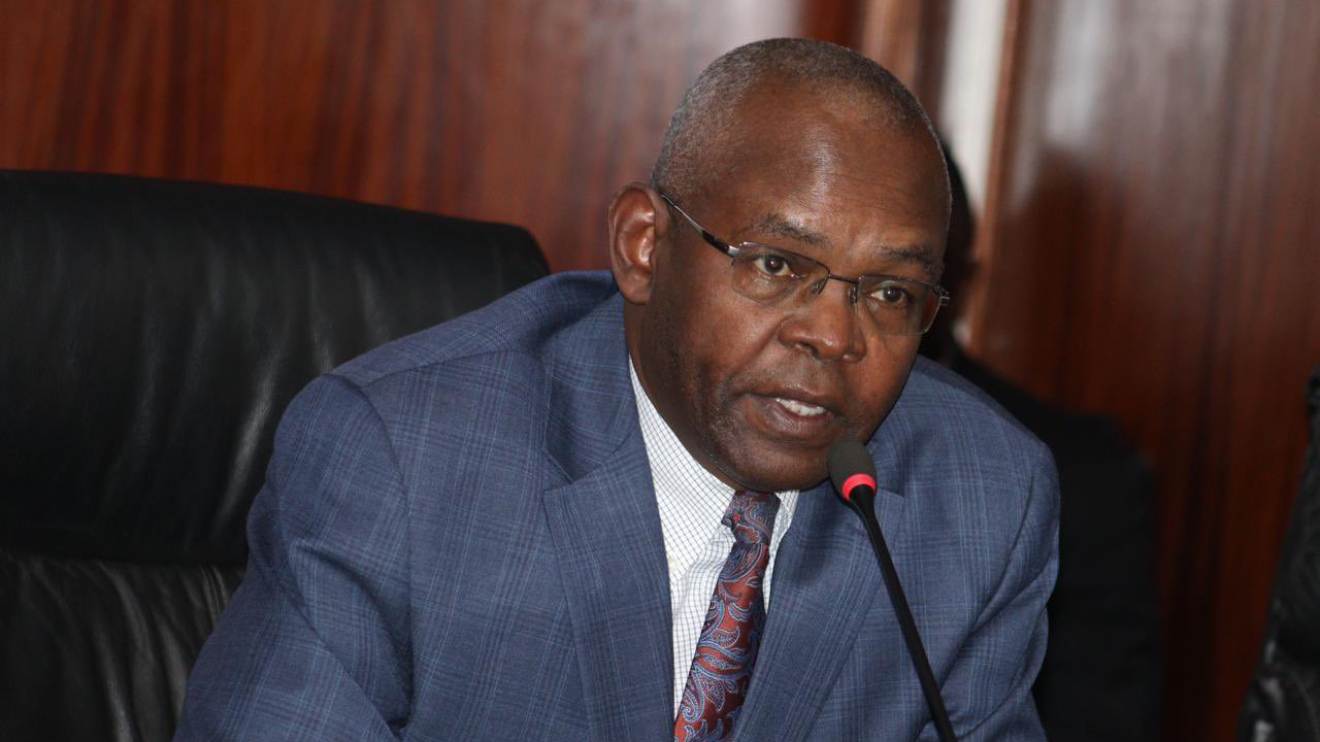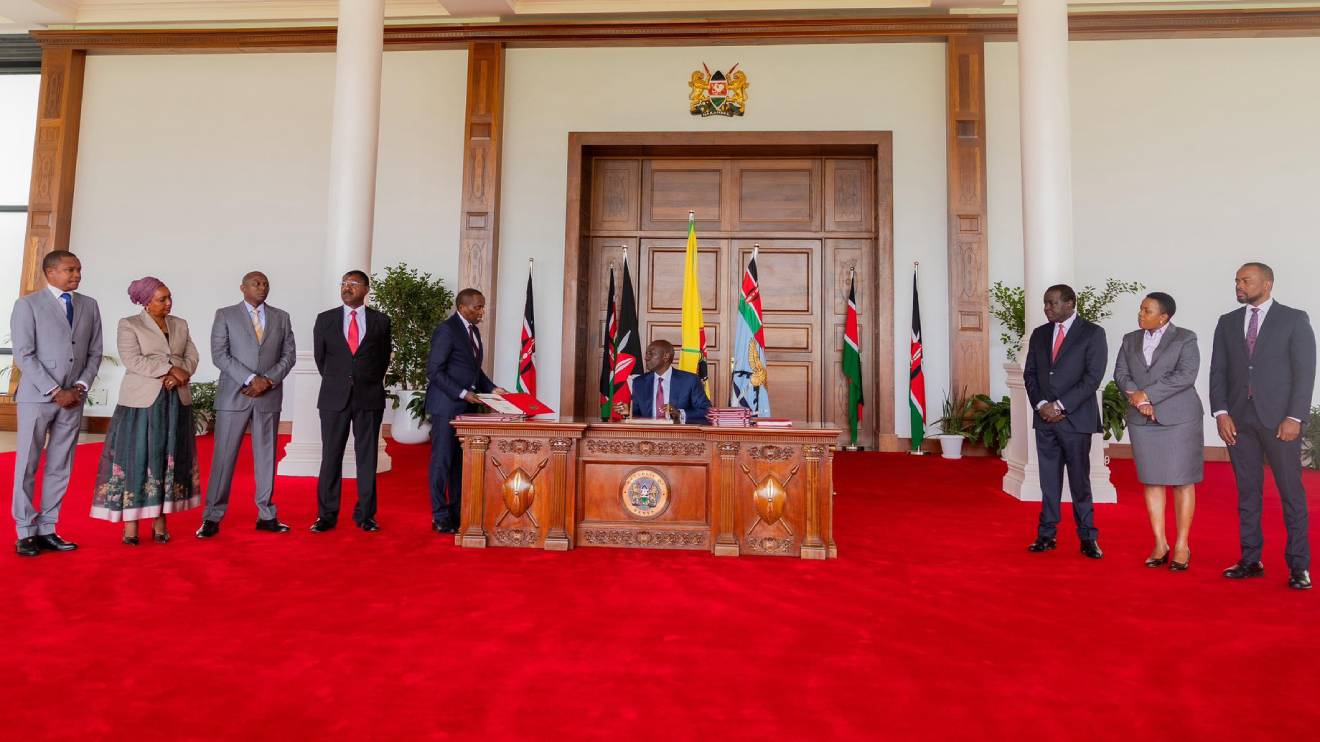Businesses in Nairobi’s Central Business District (CBD) are reeling from substantial losses after a second consecutive day of protests brought the city to a standstill.
Shops, offices, and learning institutions remained closed on Tuesday as demonstrations disrupted normal operations.
Nairobi County, which typically collects about Sh35 million daily in revenue, has seen a steep drop in collections as business activity ground to a halt.
The financial toll is still being assessed, but county officials and traders agree that the economic damage is significant.
The usually vibrant streets of the capital were largely deserted, with a heavy presence of anti-riot police stationed at major intersections including Moi Avenue, Kenyatta Avenue, Tom Mboya Street, Luthuli Avenue, and River Road.
Read More
Police fired teargas to disperse protesters who had gathered at key points such as the National Archives, Kencom, and Kimathi Street.
Along Kimathi Street, demonstrators paused to offer prayers, sang the national anthem, and waved the Kenyan flag before marching on.
Throughout the day, reports emerged of gangs of young men on motorbikes, armed with whips and clubs, attacking protesters and bystanders.
These groups, referred to locally as “goons,” were captured in videos appearing to operate alongside police officers.
The police, however, denied any association with these gangs, stating, “The service takes great exception and does not condone such unlawful groupings.”
In the midst of the chaos, several businesses were vandalised and looted, and one unarmed civilian was shot by police using an anti-riot shotgun.
The police acknowledged the incident in a statement and confirmed that the officer involved had been arrested.
There were also reports that one man was seen lying on the street with a head wound, though later accounts indicated that he was still alive but in critical condition.
Business owners and institutions lamented the disruption.
“June is a peak month for admissions, and we’ve suffered major disruptions,” said Helson Ongeso, principal of Uhandisi Training Institute on Kenyatta Avenue.
Traders in the CBD shared similar frustrations, pointing out that sustained protests threaten their livelihoods and Nairobi’s economy as a whole.
"Business depends on a peaceful environment. This unrest is hurting the economy," one shop owner remarked.
Nairobi County, which raised Sh12.8 billion in the financial year ending June 2024, is among the hardest hit by the decline in daily revenue.
With organisers of the protests declaring their intention to continue demonstrations every Tuesday and Thursday, city authorities and businesses are bracing for further losses.
The demonstrations, which began last Thursday, were sparked by the death of teacher and blogger Albert Ojwang’ while in police custody.
Police initially claimed he died of self-inflicted wounds, but this was retracted following an autopsy that indicated he likely died from assault.
Two police officers have been arrested in connection with the death.
Deputy Inspector-General of Police Eliud Lagat, whose complaint led to Ojwang’s arrest, stepped aside on June 16, 2025, pending investigations.
However, activists have rejected this move as insufficient, with many calling for his full resignation and prosecution.
The protests come as Nairobi remains tense ahead of the first anniversary of last year’s storming of Parliament, further fuelling fears of continued unrest.

-1750239108.jpg)

-1750280464.jpg)


-1727286472.jpg)
